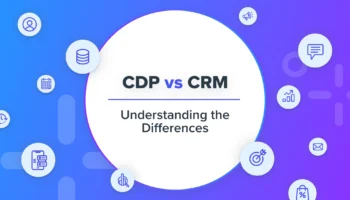In business, or even life in general, shortcuts are often seen as less than. A handmade chair carved from wood will typically fetch a higher price (and more awe) than a very similar chair that was mass-produced in a large factory. Why is that? These chairs could be totally equal in quality — the factory made chair might even be more flawless. It’s because as consumers we’ve made the connection that automation in the production of the chair means that the “personality” was taken from said chair and that the end result is a product that is un-unique, shotty, and less valuable. It could technically be untrue, but perception often carries more weight in our decision making than fact.
Let’s step away from hypothetical chairs and think of marketing. Consumers crave authentic, 1:1 messaging. It brings consumers back to a time when purchasing was done exclusively at local stores where the owner knew your name and just what kind of products tickled your fancy. In 2020, these places are far and few between, and most definitely are not digital. There exists a growing notion that automation and the scaling up of messaging precludes modern marketing from being authentic and personal. This couldn’t be farther from reality. Brands both large and small can create “Mom and Pop” experiences for modern audiences through online channels. Automation needed to message on the scale of thousands, or even millions, doesn’t mean personalization and authenticity are impossible for marketers to execute.



